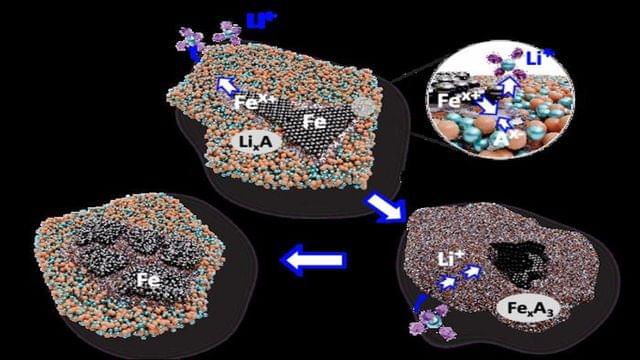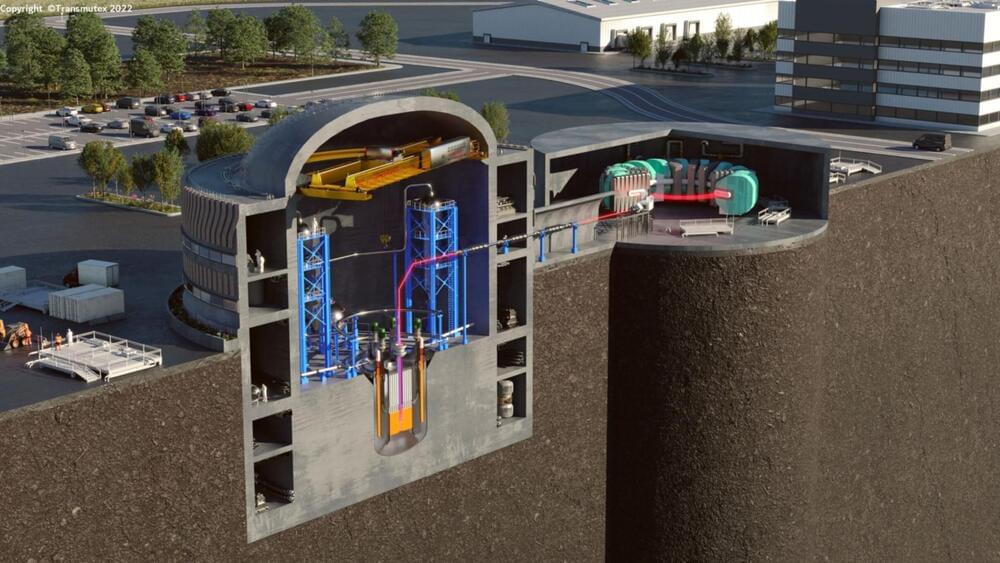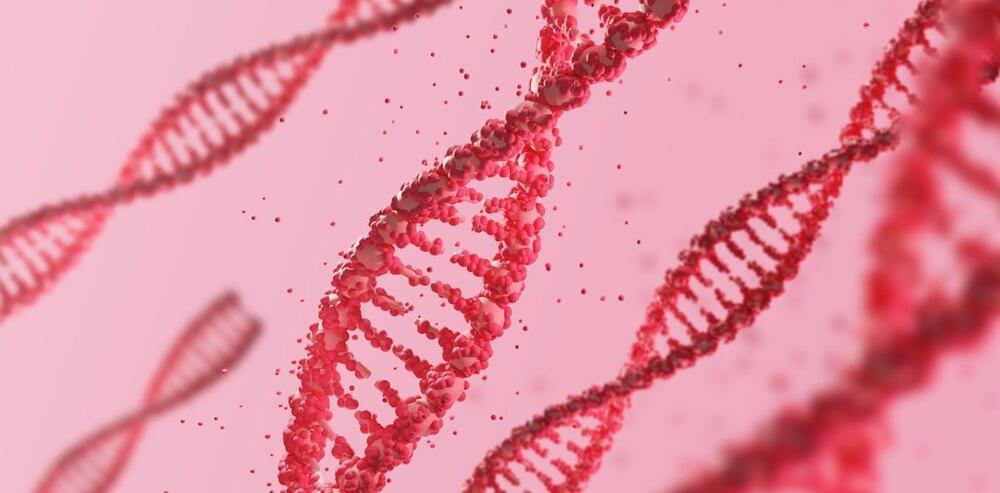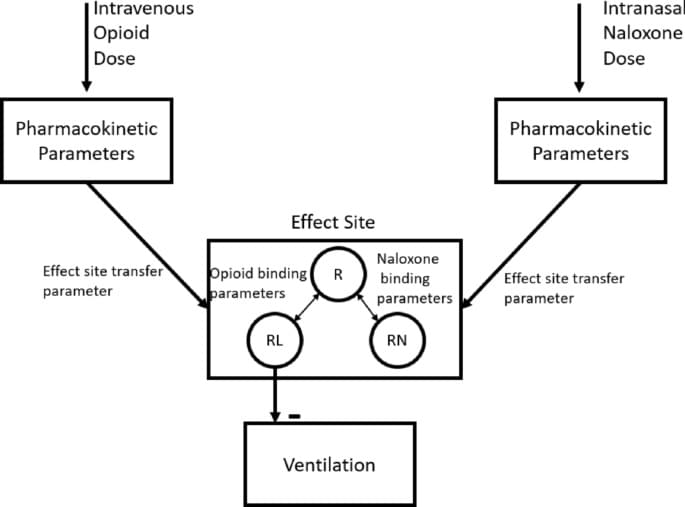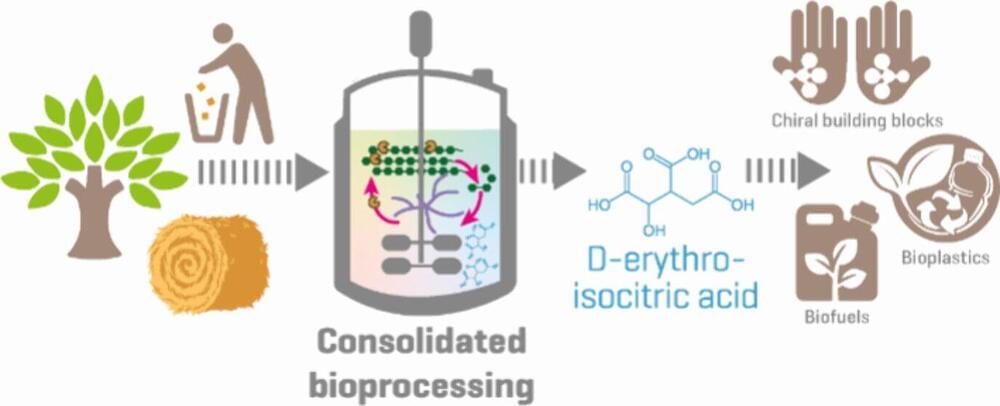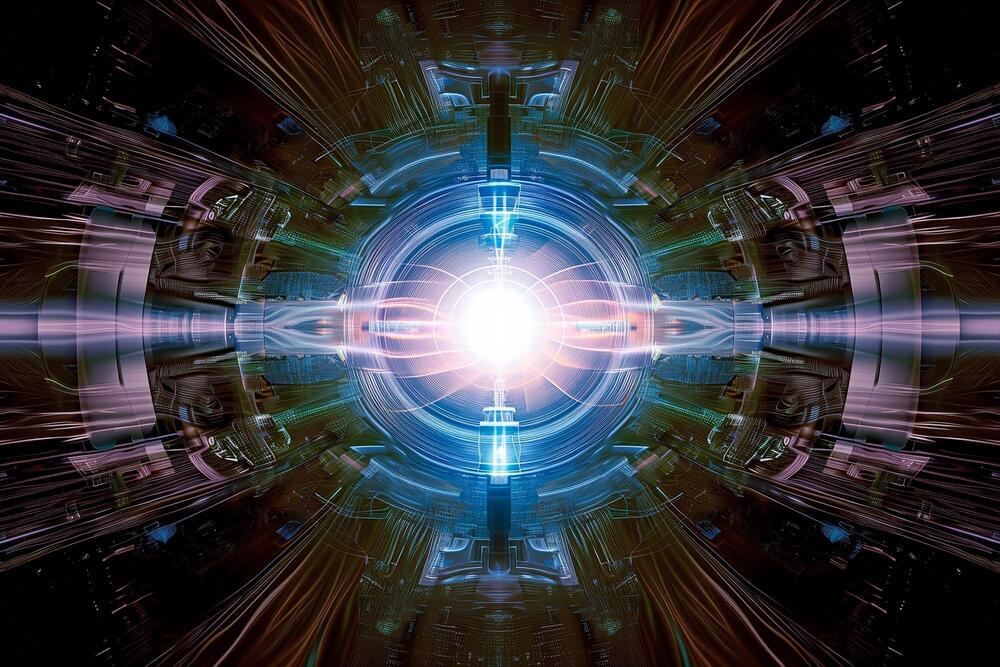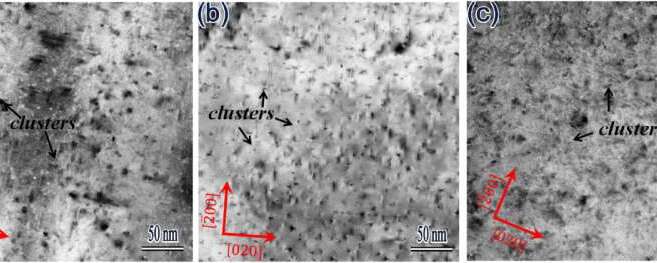May 27, 2024
Tesla to launch new Performance mode for Model 3 and Y
Posted by Shailesh Prasad in categories: sustainability, transportation
Tesla appears to be gearing up to launch a new Performance mode for the Model 3 and Model Y, as spotted in code from recent firmware updates.
On Sunday, Tesla code sleuth green the only posted about a “soft performance limit” option for the Model 3 and Y discovered in recent firmware, which the account says are listed as 110kW and 160kW, respectively. The discovery seems to suggest that Tesla is looking to launch a paid upgrade for the software-locked mode, allowing owners to upgrade to access full battery range.
Hm, interesting, recent firmwares bring “soft performance limit” option to Model3 and ModelY, listed as 110kW and 160kW respectively.

